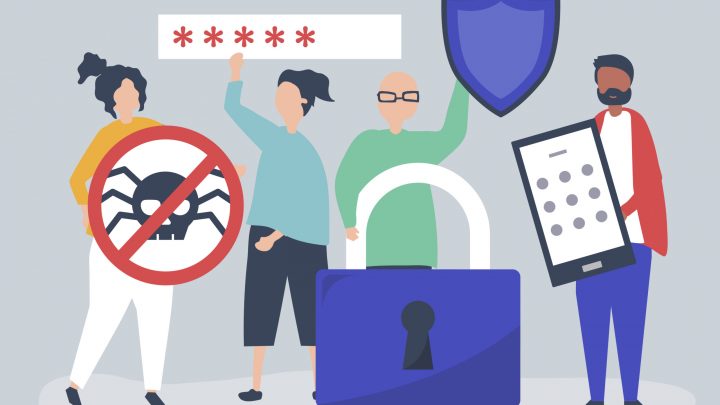UTS Security Brief: IT Security Tips for McMaster Users Travelling Abroad

Travelling abroad this holiday season? Don’t let cybercrime ruin your trip.
McMaster’s Information Security Services team has created a list of IT Security Tips for McMaster Users Travelling Abroad.
You can also review McMaster’s general Travel Safety and Planning for additional tips and precautions to take while travelling.
Remember, if you fall victim to a cyber incident or crime, please report it here: https://informationsecurity.mcmaster.ca/information-security-incidents/.
News Category